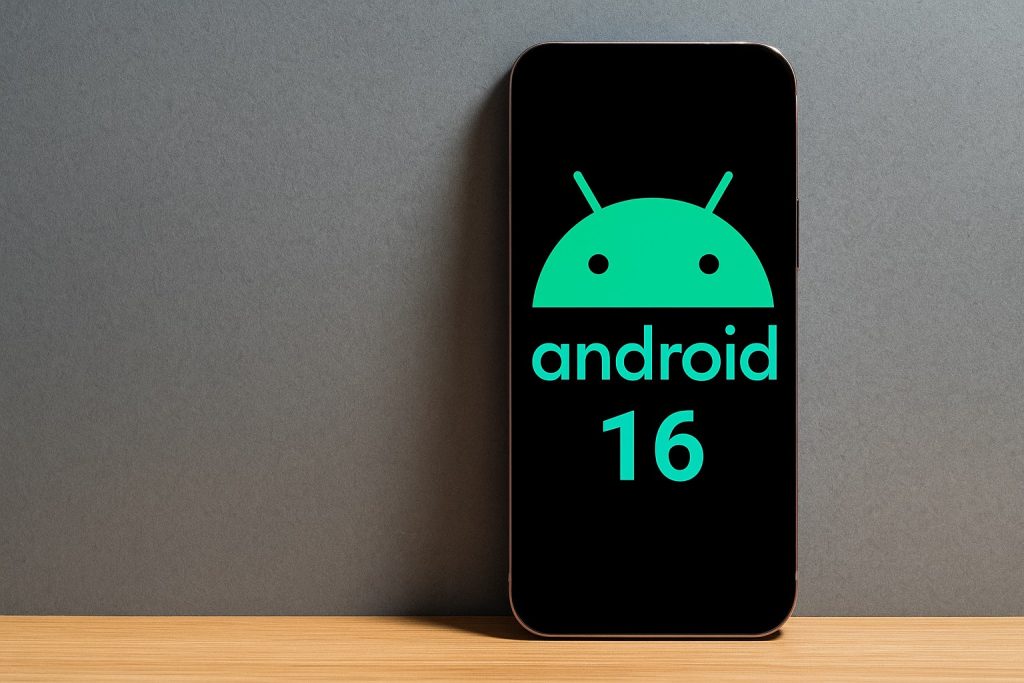
Der Quellcode von Android 16 QPR1 landet nach wochenlanger Verzögerung endlich im AOSP – was ist neu, warum wurde er zurückgehalten und wie synchronisiert man ihn (12. November 2025)
Was heute passiert ist Google hat den vollständigen Android 16 QPR1-Quellcode veröffentlicht und in AOSP eingestellt. Die offizielle Manifest-Änderung – „Update default revision to android16-qpr1-release“ – ist im platform/manifest-Repository zu sehen, und die aktualisierte default.xml verweist nun für android-latest-release auf diesen Zweig.